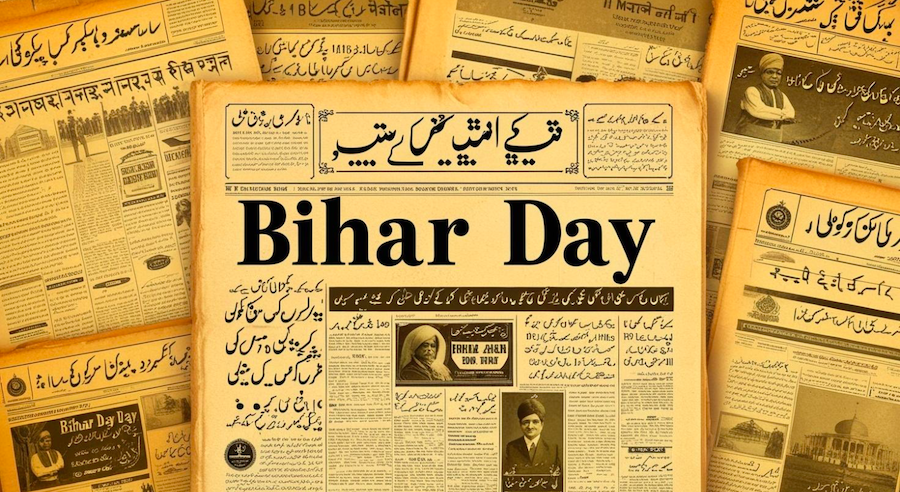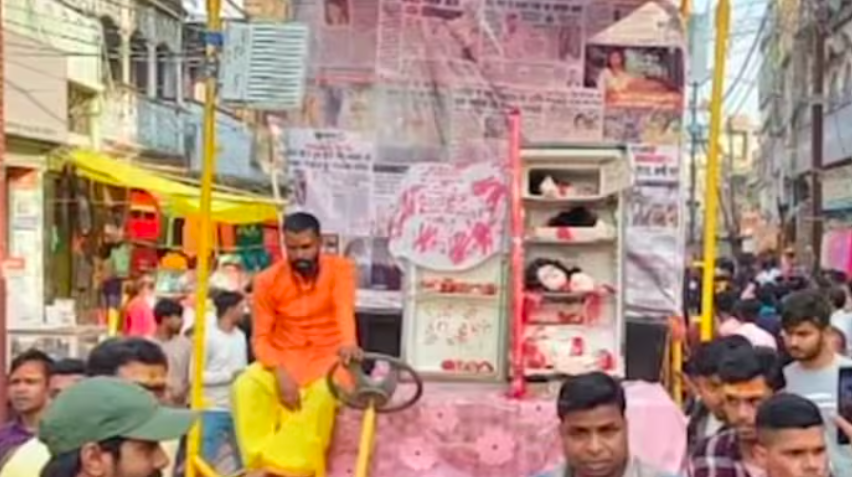Fahmina Hussain for BeyondHeadlines
New Delhi: At a time when the country is reeling under a severe power crisis, eminent journalist Paranjoy Guha Thakurta launched his documentary film “Coal Curse” in New Delhi today. The film release has been timed to question India’s over reliance on coal as an energy source, which has failed to deliver time and again.
The 43 minute documentary film explores the political economy of coal in contemporary India, focusing on the issue of corruption as exposed by the coalgate scam. It then moves on to observe the micro-level consequences of coal mining in the Singrauli region in central India, telling the story of displacement, devastation and despair. It questions the glaring paradox in India’s electricity hub, Singrauli, from where big cities like Delhi draw close to 15% of their electricity .
“Coal is basic to the working of the economy but it comes at a grave cost and the consequences of coal mining can be seen in Singrauli where the livelihoods of many, especially those belonging to indigenous tribal communities have been irreparably damaged by coal mining. Singrauli as it exists today has become a metaphor for much of what has gone wrong with India’s development paradigm”, Paranjoy Guha Thakurta said at the screening.
The screening was followed by a panel discussion on the current power crisis in India. Renowned personalities from energy sector, political and civil society participated in the discussion which was moderated by Mr. Guha Thakurta. The debate highlighted the issue of corruption associated with coal that was underlined by the film and questioned whether the mad rush to extract coal is the best answer to secure India’s energy needs.
Former Coal Secretary P.C. Parakh, considered as a whistleblower of the coalgate scam was one of the panelists at the discussion. He said, “While I was Coal Secretary, I made the proposal for a transparent bidding system for allocation of the Coal blocks and the Prime Minister as Minister of Coal approved the proposal. However, both the Minister of State for Coal Shri Rao and Shri Shibu Soren who had returned as Cabinet Minister were not in favour of open bidding and repeatedly tried to scuttle the proposal. In my view, there was an attempt to keep the bidding system in suspended animation till all the good blocks have been allocated and nothing worthwhile is left to be given through bidding”.
Former Union Power Minister Suresh Prabhu, Dr. EAS Sarma, former secretary to Finance and Power Ministries, Prashant Bhushan, leading lawyer and an active social activist, Shekhar Singh, former advisor to the Planning Commission, T K Arun editor at The Economic Times and Vinuta Gopal, head of the Climate and Energy campaign in Greenpeace India were also a part of the panel discussion. Energy solutions were discussed by the panelists, highlighting the fact that the primary roadblock impeding investments of scale in the renewable energy sector is a serious policy lacuna, rather than technical issues. The point that the important role of energy efficiency in bringing down the demand for coal has been left largely unexplored by the government was also raised during the debate.
“The country is poised at a juncture where it can make a choice on the type of energy infrastructure it wants to invest in for the future. The era of cheap coal is over. With renewable energy prices dropping and the price of coal constantly on the rise, the differences between the two are quickly evening out. Aiming to achieve its twin objective of providing energy access to over 300 million people who have no access to electricity and to sustain its long-term economic growth aspiration, India needs to diversify its energy generation by mainstreaming renewable energy combined with energy efficiency measures. Given the energy security and energy independence that only renewable energy can offer us, and the destruction that coal mining wreaks, the answer seems obvious”, Arundhati Muthu, climate and energy campaigner, Greenpeace India said.
The film has been supported by Greenpeace and it would be screened in other cities in the coming days.









